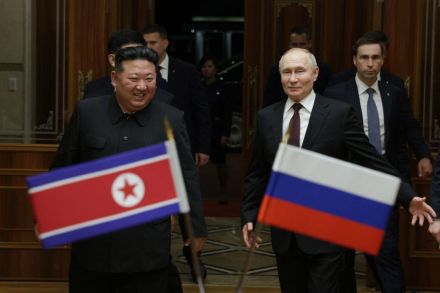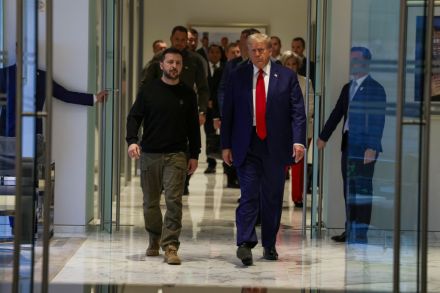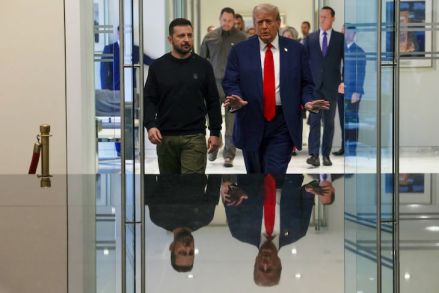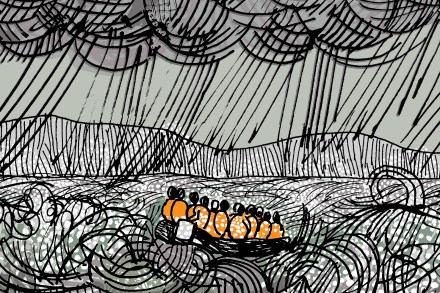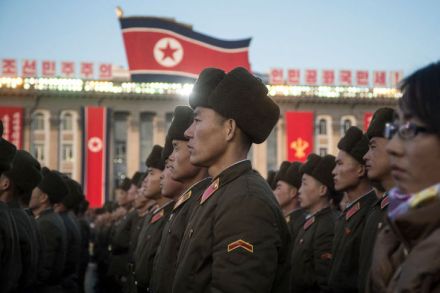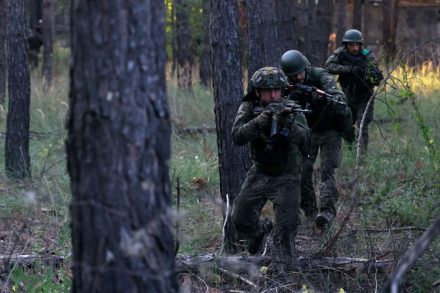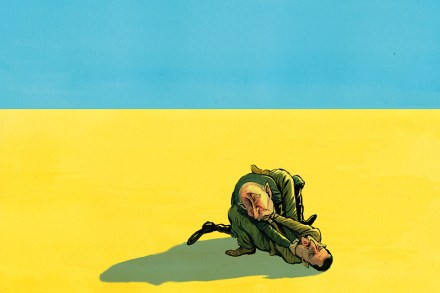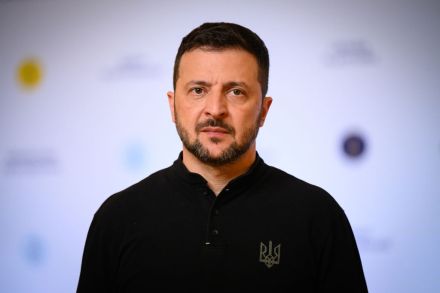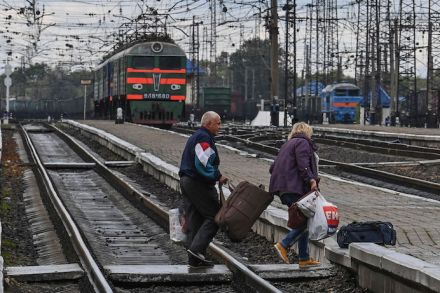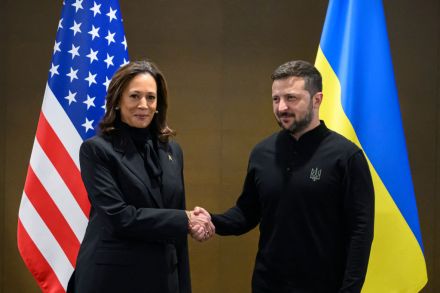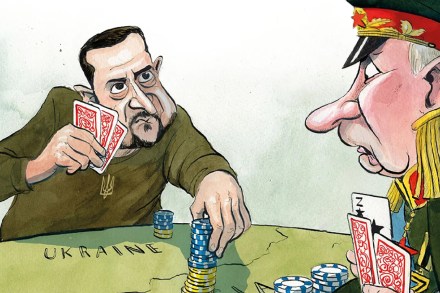Why Beijing is wary of a Russo-North Korean alliance
56 min listen
There have been reports that some 11,000 North Korean troops are present in Russia and preparing to take part in the Russian invasion. While not acknowledged by either country, if true, this would mark a historic milestone: the first East Asian state to send troops to Europe since the Mongol Empire. And yet, both countries’ most powerful neighbour and ally – China – has remained suspiciously quiet about this new development. Beijing’s silence may well express a deep distrust and unease that actually characterises China’s relationship with its so-called allies. To get into the recent developments and what we can learn from the history of the relationship between these three countries, the
